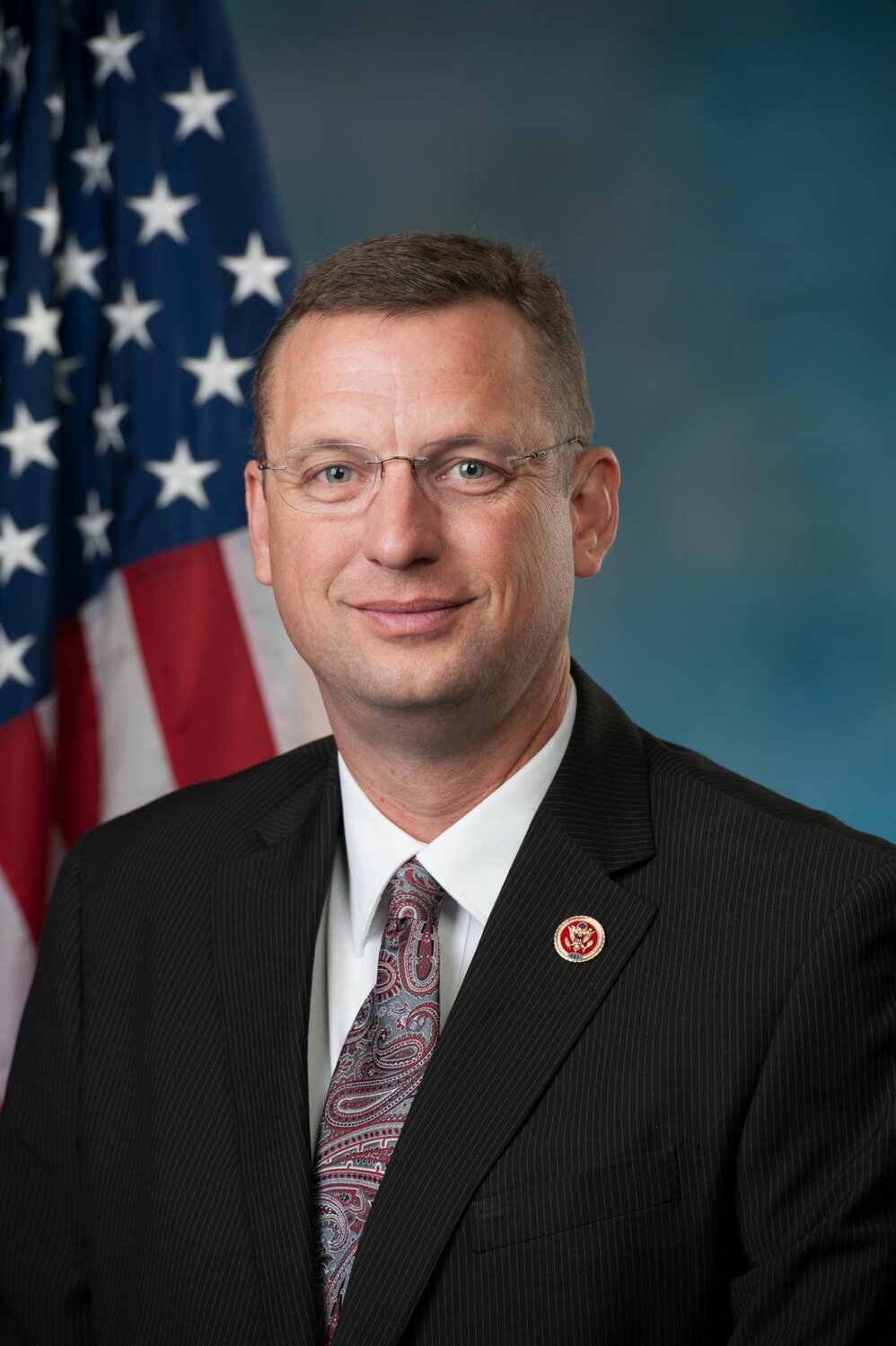By Doug Collins | Former Congressman, Georgia
The Biden administration has proposed a new policy framework that would change the Bayh-Dole Act of 1980, a bipartisan law that has supported millions of jobs and spawned thousands of venture-backed startups.
The Bayh-Dole Act allows universities to file patents for promising discoveries they make with the help of federal dollars. Startups can then license these early-stage discoveries from universities and, often with the help of venture capital, transform them into real-world products that benefit consumers.
Under this ingenious system, taxpayer resources help underwrite early-stage research, while private capital fuels the difficult process of turning that research into useful inventions.
Everyone wins. Universities typically collect fees or fees, which are then reinvested in future research. Startups and venture capitalists, if they succeed, get a return. And society benefits from life-changing products ranging from drugs and medical devices to consumer electronics and agricultural technology.
Before the law, the government retained patent rights for any discovery it helped fund. Agencies rarely grant exclusive licenses to these patents, meaning private firms have little incentive to spend millions of dollars to commercialize them. By 1980, less than 5% of over 28,000 government patents had been licensed.
Bayh-Dole reimagined this system by allowing universities to grant exclusive licenses to patents resulting from taxpayer funding. Decentralization of control over federally funded research unleashed a historic wave of private investment and innovation that continues today.
Over the past four decades, Bayh-Dole has added nearly $2 trillion to U.S. output, supported more than 6 million jobs across multiple sectors, and enabled more than 17,000 startups.
Unfortunately, a recent White House plan threatens to shake this highly successful system to its foundations. The draft framework encourages agencies to tear up exclusive patent agreements made between universities and private companies if a federal official believes the cost of the resulting product — such as a drug — is too high.
This is a deeply flawed approach. For one thing, nothing in the law prevents the government from forcibly wresting patents from startups for a price. The architects of the law specifically said so. More importantly, the plan would undermine the credibility of any patent tied to federal dollars, effectively making government-funded research “toxic” in the eyes of venture capitalists.
Companies routinely spend millions—or even billions—of dollars to commercialize inventions. This initial investment is often backed by venture capital. Without the assurances that exclusive patents provide, such huge risks simply wouldn’t be possible.
The Biden administration’s new plan will undermine America’s thriving innovation hubs. By restricting startups and corporate relocations, the proposed framework threatens high-wage jobs, tax revenue and the flow of young talent.
The Bayh-Dole Act helped activate the nation’s booming high-tech industries. If the Biden administration wants this success to continue, it must abandon its misguided efforts.
Editor’s Note: Doug Collins represented Georgia’s 9th Congressional District from 2013 to 2021 in the US House of Representatives and is a former candidate for the US Senate. Reader reactions, pro or con, are welcome at [email protected].
Keywords
Bayh-Dole law,
Bay-Dole,
the biden administration,
federal dollars,
users,
patents,
startups,
innovation centers

